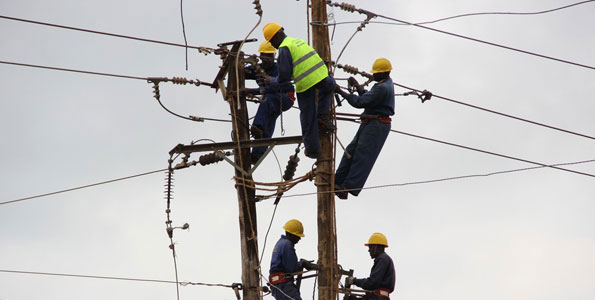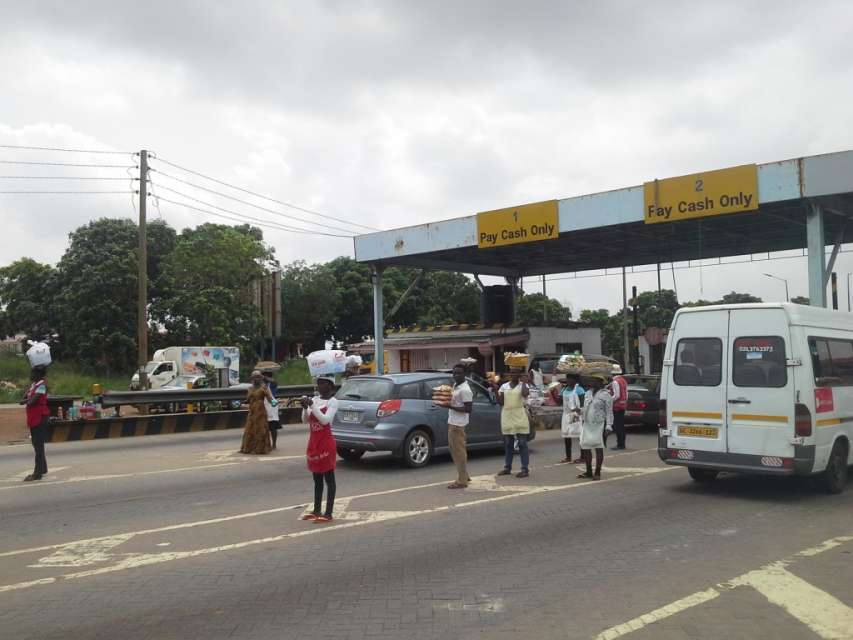The World Bank has provided over $ 200 million to help increase access to electricity in West Africa and the Sahel region.
The Board of the World Bank Group approved on April 17, 2019 the Regional Off-Grid Electrification Project (ROGEP), which includes $150 million in the form of credit and grant from the International Development Association (IDA)* and $74.7 million contingent recovery grant from the Clean Technology Fund to help the West African Development Bank and ECOWAS’ Center for Renewable Energy and Energy Efficiency expand off-grid access to electricity for populations in 19 countries in West Africa and the Sahel region,
The countries include; Benin, Burkina Faso, Cabo Verde, Cameroon, Central African Republic, Chad, Cote d’Ivoire, The Gambia, Ghana, Guinea, Guinea-Bissau, Liberia, Mali, Mauritania, Niger, Nigeria, Senegal, Sierra Leone and Togo.
The overall objective of ROGEP is to increase electricity access of households, businesses, and public institutions using modern stand-alone solar systems through a harmonised regional approach. The project is expected to benefit about 1.7 million people currently living without electricity connection or with unreliable supply, as well as businesses and public institutions who will use modern stand-alone solar systems to improve their living standards and economic activities.
“So far, only 3 percent of households in West Africa and the Sahel are served by stand-alone solar home systems, and 208 million people in the sub-region do not have access to electricity. The project seeks to assist regional policy makers to address barriers to create a regional market for stand-alone solar systems, which is essential to reduce energy poverty in the region, and entrepreneurs to take opportunities in this market through development of scalable business solutions,” said Rachid Benmessaoud, Coordinating Director for Regional Integration in West Africa. “The new project will help adopt regional standards and regulations to establish a regional market with harmonised policies that will attract larger market players for the benefit of all participating countries.”
Although stand-alone solar systems have a large market potential in West Africa and the Sahel, investments in off-grid renewable energy have lagged behind in the sub-region. The new project maximises finance for development by crowding in private investments to deploy innovative technologies. By developing a regional market, it will help better address the important growth in demand for reliable electricity and will help create jobs.
The new project is aligned with the World Bank Group’s twin goals of poverty reduction and shared prosperity and the Africa Climate Business Plan. Furthermore, it will implement a pilot to test business models to electrify schools and health clinics critical for the Human Capital Project in West Africa.
The World Bank’s International Development Association (IDA), established in 1960, helps the world’s poorest countries by providing grants and low to zero-interest loans for projects and programmes that boost economic growth, reduce poverty, and improve poor people’s lives. IDA is one of the largest sources of assistance for the world’s 75 poorest countries, 39 of which are in Africa. Resources from IDA bring positive change to the 1.5 billion people who live in IDA countries. Since 1960, IDA has supported development work in 113 countries. Annual commitments have averaged about $18 billion over the last three years, with about 54 percent going to Africa.



